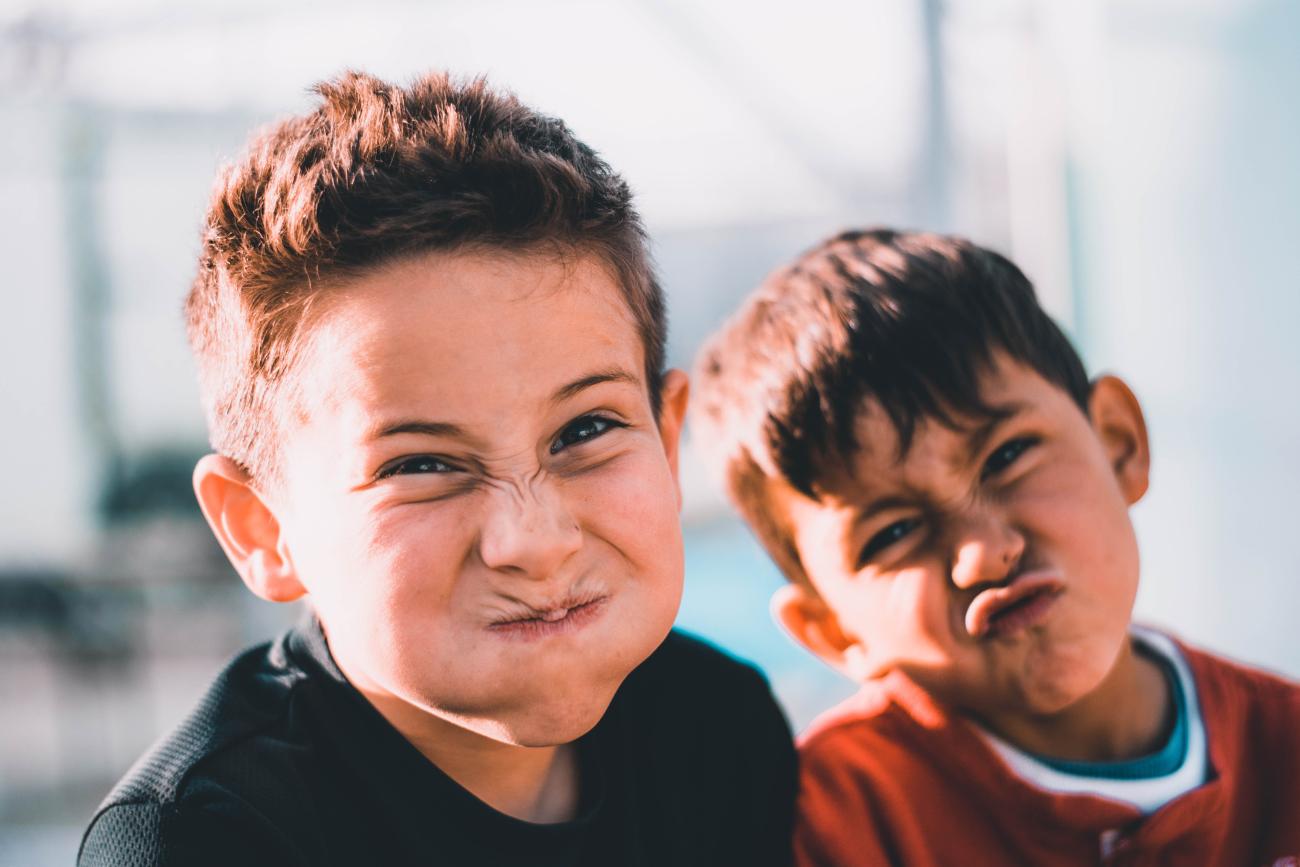
About the Courage Lab
Our focus is on generating scientific knowledge relevant to courage, fear, and anxiety in children and adolescents to improve the wellbeing of youth, families, and communities. Some of our areas of research include:
- Identifying factors responsible for the developmental course of anxiety in children and adolescents
- Developing of brief, mechanism-targeted intervention programs to reduce youth mental health problems and promote positive youth development
- Examining dissemination and implementation factors to improve diffusion of evidence-based interventions into community settings
- Harnessing mobile technology to enhance scalability, feasibility, and precision of youth mental health services
- Re-packaging of interventions into simpler, less intensive interventions that are community-focused
- Collaborating with K-12 schools committed to enhancing social and emotional development in youth
Who are we?
We are a research lab housed in the Department of Psychology at Arizona State University directed by Dr. Armando Pina, an associate professor and head of doctoral training for the developmental psychology program. Our team is highly interdisciplinary, with expertise in:
- Clinical and developmental psychology
- Quantitative methods
- Electronic and mobile health technology
- Dissemination and implementation science
- Prevention science
Latest Project:
Armando Pina, Ph.D.
Principal Scientist, The Courage Lab
Associate Professor, Department of Psychology, Arizona State University, Tempe
Over the past two decades, my scientific curiosity has evolved from exposure to my students, scientific mentors, and community partners. Recently, I have been collaborating with school administrators and individuals who deliver social and emotional learning (SEL) curriculum to elementary school youth. Because of these collective experiences, my interests have shifted from working in the laboratory to working in the “real-world”. I am interested in child anxiety research but also in the study of children's courage. I feel that by taking a strength-based approach, that is positive and valued, my research can better serve community organizations, like schools and providers working with children, adolescents, and caregivers.
Ryan D. Stoll, Ph.D.
Director of Research Innovation and Impact, The Courage Lab
My research focuses on understanding the best practices for enhancing fit between mental health interventions and the "real-world". In particular, I am concerned with the application of design, marketing, and entrepreneurial principles to translate science-based programs into effective and sustainable tools for community settings. This includes: market segmentation, product positioning (e.g., branding, pricing, promotion), assessments of consumer and provider preferences, and the re-packaging of interventions into simpler, less intensive interventions that are consumer-focused. I also am interested in examining how mobile and smart technologies can be harnessed to enhance the precision of evidence-based interventions, as well as exploring the viability of alternative funding mechanisms (e.g., crowdfunding, venture capital, commercialization) to implement and disseminate evidence-based interventions at scale.
Former Graduate Students
Geri Zerr, PhD (2012) - Oscar Kaplan Postdoctoral Fellow at San Diego State University
Lindsay Holly, PhD (2015) - Postdoctoral Associate at Boston University, Center for Anxiety and Related Disorders
Julia Parker, PhD (2016) - Instructor at Florida International University
Henry Wynne, PhD (2017) - Postdoctoral Fellow at McGaw Medical Center of Northwestern University
Amanda Chiapa, PhD (2017) - Postdoctoral Fellow at Yale University
Former Undergraduate Students
Over the past decade, we have trained and mentored 60+ undergraduate research assistants
Scholarly works:
https://scholar.google.com/citations?hl=en&user=yiJUuh8AAAAJ
My Peer Venues:
My Intellectual Supports:
